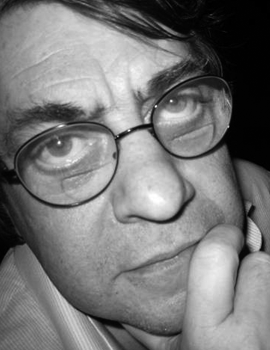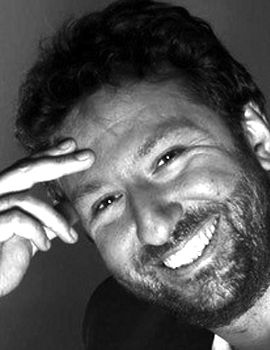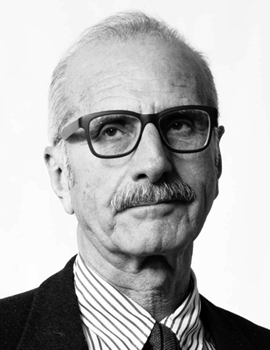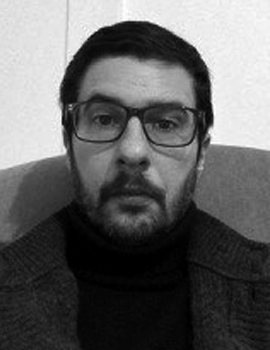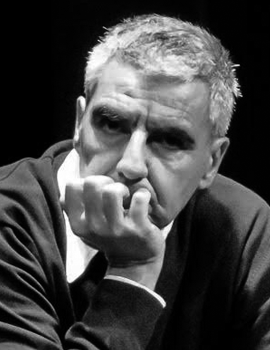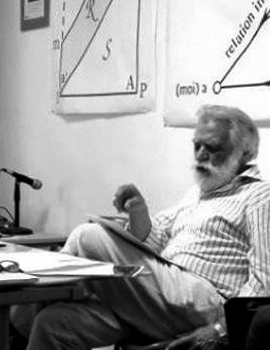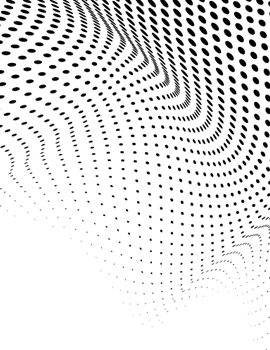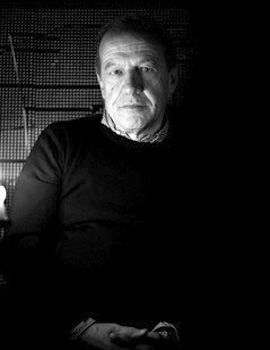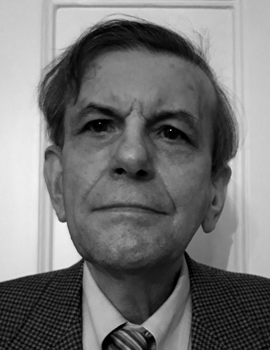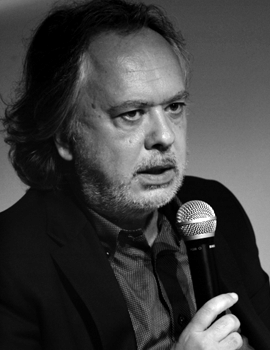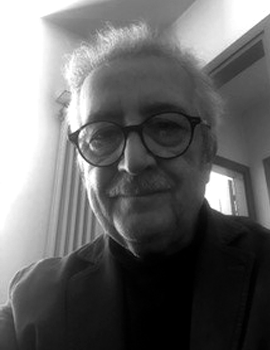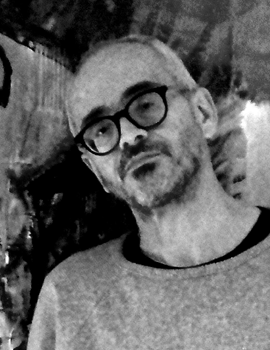For Jean-Luc Nancy
It rarely happens, after adolescence and early youth, that an encounter with a thought leaves traces that make a difference in one’s way of thinking and with which one never stops coming to terms with, whether one wants to or not.
When I was young it happened to me with Freud, with Lacan, with Foucault and I could name others. As an adult, with Fachinelli and Derrida.
Certainly with Jean-Luc Nancy.
I have always had the idea that some forms of thought are so powerful because they have passed through the flesh of those inhabited by them, like an awe that becomes a necessity.
Nancy, since 1992, had been a ‘transplant’, i.e. he had undergone a heart transplant. It was he who, in the wake of Derrida, if possible even more radicalised, had made the stranger and his unexpected and uninvited arrival, the unannounced arriver, one of his most cherished themes. This experience gave rise to L’intrus (2000), a small and impressive book in which the stranger becomes an intruder precisely in order not to risk losing his extraneousness, with all the ambiguities of the case. And he had the intruder sewn into his chest. It is hard to imagine a more effective contingency (a perfect storm, one might say) to describe a thought and its inseparable practice. The extraneousness to one’s own identity, the vain saying “I” because I already am-is elsewhere, the open closed being, are embodied in an incision that holds the intruder inside, a body alien to thought itself and extraneousness that reveals itself “at the heart” of what should be more familiar. This extraneousness, this ‘permanent regime of intrusion’, puts him in touch with himself, writes the transplanted Nancy.
Nancy is considered, among many other things, the philosopher “of the body”. In fact, he wrote not about the body, but the body, as he himself liked to say, bodies: naked bodies, foreign bodies, bodies enjoyed, bodies exposed. In writing about the body, it is not a question, according to him, of signifying it but of reaching it, of touching it. He writes in Corpus (1995), a cryptic, poetic and totally disorienting text, about the limit between meaning and flesh (of the body), where nothing passes, it is precisely there that one touches. To touch is to not penetrate what is impenetrable, exiled from any possibility of union (in Lacanian terms one would say: there is no sexual relationship), irretrievably partial. Like our existence itself, after all, which has in the body its only support, indeed, bodies are the very act of existence, being, writes Nancy, in this apparently close to the late Lacan, the one who insists on the One of jouissance, the last bastion of significations.
Yet Nancy has always been suspicious and critical of psychoanalysis and Lacanianism and, perhaps precisely for this reason, he questions them, as Derrida also did. Suspicious because even the very ambition to signify (as far as one can or wants to) is, in fact, an arbitrariness, a violence (which is completely true, psychoanalytically speaking) that wants to tame the intruder. He is wary of bodies that are too ‘signified’, of hysterical bodies, bodies that would instead be blocked by the continuous transmission of meaning (the symptom itself), expropriated by their free floating out of sense; he claims a body that is exposed to that continuous effraction of meaning that life simply constitutes. He accuses Lacan of exercising “catastrology” by inscribing himself in a tradition that articulates desire to lack and affirms the “there is” of sexual intercourse, in opposition to Lacanian enunciation, entrusting bodies and their incidental touching and enjoyment with the only love to aspire to (L’”il y a” du rapport sexuel, 2000). The “not” is already a property of the relationship, it refers to some substance, to a unity that shelters the unsustainable void that opens up between (the bodies).
Nancy’s perspective summons us to a presence that does not look elsewhere than at the body of the other and at our own, equally foreign, and to that between which is so important. Bodies that touch and enjoy in an always precarious balance, touching and measuring limits without pretending to violate or ignore them. Will the renunciation of rapacity in favour of moving along that between, which is always a threshold, an edge, lead to the discovery of a real otherness in whatever form it presents itself (body of: human animal, non-human animal, woman, migrant, etc.)?
Nancy seems to hope so, or rather, he thinks it is the only way that will save us from a catastrophe. It does not seem so adventurous to say that we find something of Seminar XX here, even if Nancy seems not only convinced that we have to talk about what we cannot talk about, but in her own way even more determined to make practicable a sharing of the inconductible (which does not merge, does not unite), assuming extraneousness as something beyond which there is nothing but extraneousness itself.
Cristiana Cimino, 25 agosto 2021





